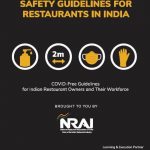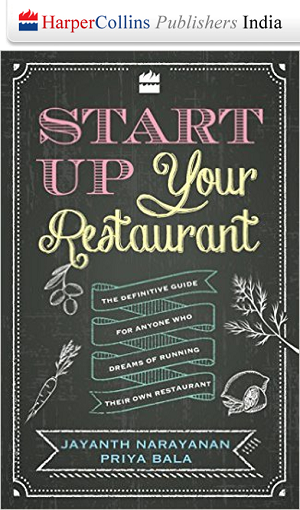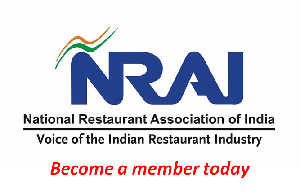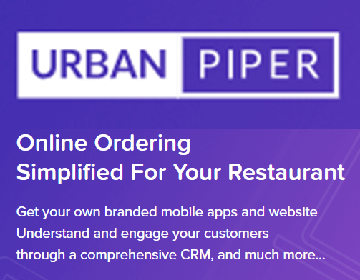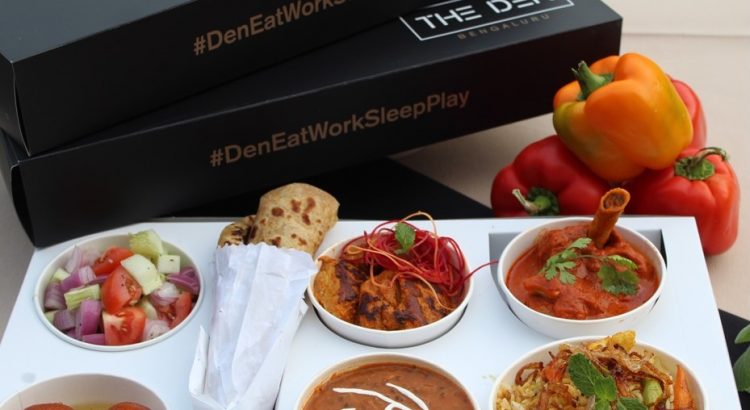
Restaurants are having to come to terms with an extended lockdown. Even at the end of it, there is no clarity on whether they’ll be allowed to offer dine-in services. In this scenario, with no clear direction or roadmap for the coming months, businesses that shut down completely during the early days of the lockdown are beginning to summon the energy to resume some level of activity. Towards this end, restaurants across the board are turning to food delivery, as it’s the only feasible option available to them at this point.
The hum of activity, low as it may be, is possibly a sign that many restaurants feel the time for hunkering down is over. This is particularly evident in the five-star hotels, which have begun to offer home delivery from their speciality restaurants. The Oberoi, Bangalore, offered an Easter menu that was delivered by the hotel and the Ritz Carlton, also in Bangalore, is sending DIY kits so customers can whip up meals at home. Karavalli, the award-winning restaurant at Gateway Hotel, is making home deliveries and the Leela Palace has taken an unusual route, tying up with third party aggregators for delivery of food from its all-day restaurants; five-star hotels don’t usually do this. Taj hotels across the country are also home delivering food. The sleek Den hotel in Whitefield, Bangalore, has created customizable combo meals for home delivery at a slashed price of Rs 550 (all inclusive) per meal.
General managers tell us this might be something they will increasingly focus on, as walk-ins to the restaurants are unlikely to pick up in the short term, even if the lockdown ends. Chef Naren Thimmaiah of Karavalli says delivery is a way of keeping the kitchen machine oiled, as it were, and also staying connected with their regular clientele, rather than a revenue stream.
Standalone restaurants that had suspended delivery in the early days of the lockdown – on account of confusion over the rules, staff leaving for home towns, low demand – have also resumed the service. Some restaurants that kept their delivery going through the lockdown are also looking to build up this business, using social media to reach out to customers.
It’s clear that in the coming months, an increasing number of restaurants will have to rely on their delivery business. This is because, one, we have no idea how long it will take for restaurants to open for dining in. And, second, even if they do, it might take several months for customers to overcome their anxiety about going out and patronizing restaurants. So, delivery it will have to be.
In the midst of the lockdown, when even restaurants with delivery fleets are unable to deploy them, the reliance is entirely on the third party aggregators. In these very columns we have spoken of how sales through these aggregators don’t really increase profitability. But in the dire circumstances they find themselves right now, restaurants have no other option during this crisis.
While it would seem restaurants and delivery partners are all in it together at this time, in the past, the aggregators have displayed their tendency to squeeze restaurants to the extent possible, unmindful of the consequences even for small businesses.
If restaurants must continue with their reliance on the aggregators, they may have to, in the long-term, work out more reasonable terms, such as commissions, to give themselves a fighting chance. Perhaps the NRAI could lobby as a united front as it did to take on the Zomato Gold program.
The other challenge for restaurants is to allay misgivings customers may have regarding hygiene and safety and earn their confidence. While most restaurants we know are following the most stringent standards, that alone isn’t enough. It is important to put the message out to customers. Social media needs to be leveraged effectively for this.
If they are going to be heavily dependent on delivery, restaurants may have to relook at their menus as well and focus on a smaller collection of dishes that suit delivery. The availability of ingredients will also dictate menus in the coming months.

